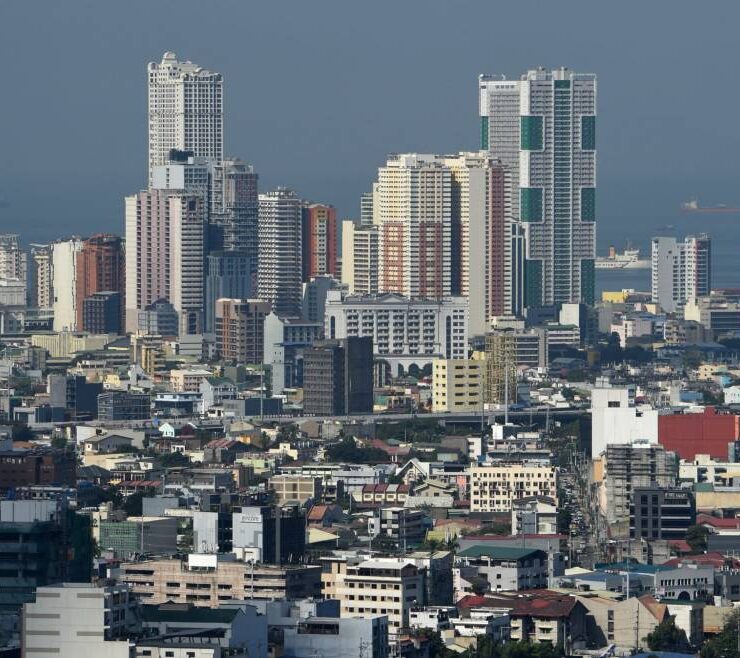Filipino workers’ paid leave among lowest globally–study

Filipino workers are entitled to some of the stingiest paid time off in the world, according to a new report by UK-based payroll and HR software provider Moorepay, putting the country behind most of its regional peers in guaranteeing rest days and vacation.
The study, which compared statutory leave entitlements across 187 economies, ranked the Philippines among the lowest globally. While Moorepay said that every country follows its own pattern when it comes to basic paid leave, labor advocates have warned that the lack of generous leave entitlements risks compounding burnout.
When counting both mandated vacation and public holidays, Filipino employees receive just 16 days of leave a year—the fourth-lowest total globally. Only the United States, which guarantees none, fared worse, followed by Japan with 10 days and Guyana with 12.
Within Southeast Asia, the Philippines lags behind Brunei (18), Thailand (19), Malaysia (19), Singapore (19), Vietnam (23), Indonesia (29), Myanmar (32) and Cambodia (40).
Annual leave
On annual leave alone, the Philippines guarantees just five days, the second-lowest in the world after the United States.
At the other end of the spectrum, Yemen offers the most generous statutory leave: 46 days, combining 30 days of annual vacation with 16 public holidays.
“Employers can use this knowledge to ensure their business stays competitive in the recruitment market. The amount of holidays you give as an employer is a major benefit for your employees,” said Michelle Hobson, HR services director at Moorepay.
“By offering more than the minimum statutory leave, or offering more than the average pay package for annual leave, you can recruit and retain top talent,” Hobson added.
Looking ahead, Hobson said scant entitlements put extra pressure on employers and HR professionals to decide what their approach to annual leave is.
Not taking breaks, she noted, can lead to employees being stressed and burned out at work. This results in lower productivity and a higher risk of illness and absenteeism.
Paid time off, meanwhile, allows for necessary recuperation and restoring mental resilience, leading to happier employees, fewer sick days and higher levels of productivity.
“No matter how important work is, time off is very important for employees’ mental health and wellbeing,” she added.





















Talent, transition and continuity: 2026 hiring and succession in PH economy